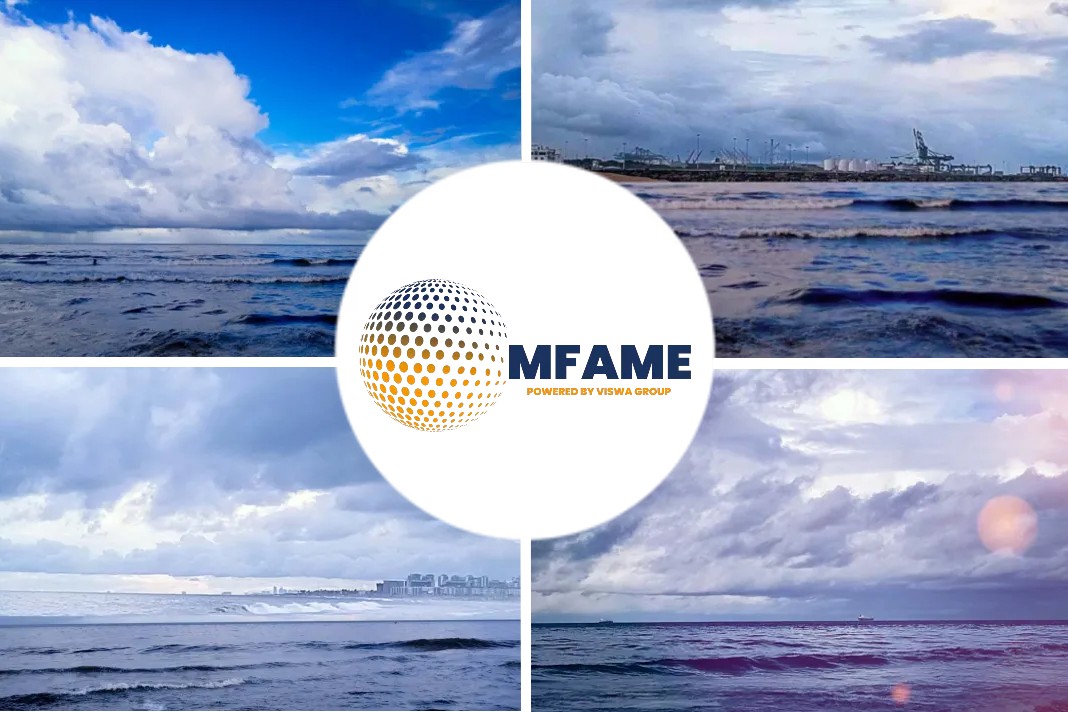Foreign ships transiting to Nigeria and other countries in the Gulf of Guinea are spending $1.9 billion yearly on kidnappings and ship seizures, reports New Telegraph.
Hot spot for piracy
About 1,500 fishing vessels, tankers and cargo ships navigate the Gulf of Guinea (GoG) daily from Senegal to Angola. The region is a major shipping route for the transportation of oil and gas, as well as goods, between Central and Southern Africa.
But, it is currently a hot spot for piracy due to high unemployment rates in coastal West Africa, weak security and a lack of enforcement of maritime laws. Risky waters Figures from the International Maritime Organisation (IMB) revealed that the region recorded 28 incidents of piracy and armed robbery in the first nine months of 2021, compared with 46 for the same period in 2020.
According to the bureau’s piracy alerts, the last reported attack in West African waters was on November 12, 2021, when robbers boarded an anchored offshore supply ship near Angola, stole the ship’s stores and escaped. It added that this attack was different from what had been occurring in West African waters in the past few years.
For instance, IMB explained that pirates had been focusing on kidnapping seafarers and holding them for ransom, rather than stealing cargoes. It said: “Since 2016, there has been a noticeable increase in the number of multiple crew kidnappings in the Gulf of Guinea. All types of vessels are being targeted at increasing distances from the shore.”
Miffed by the attacks, earlier this month, Nigeria agreed to implement the International Maritime Organisation (IMO)’s Whole of Government Approach to Maritime Security programme, to boost safety.
The scheme is made up of integrated workshops and tailored support aimed at helping IMO member states to develop national maritime security committees, risk registers and strategies.
UN Report
Meanwhile, a United Nations’ report had said that the surge of maritime piracy in Africa’s Gulf of Guinea was not just a threat to the foreign ship and cargo owners, but also carries significant costs that amount to over $1.9 billion annually for the coastal nations.
According to the report titled: “Pirates of the Gulf of Guinea: A Cost Analysis for the Coastal States,” the newest hotspot for piracy saw 106 incidents in 2020 with 623 seafarers affected by kidnapping.
But it said that countries along the Gulf of Guinea coast would pay far more than that to deal with the rise in piracy, from expanded patrols to rescue missions to greater security costs in ports.
Cost
The report estimated that those costs could be over $1.9 billion yearly, diverting important resources from other crucial needs. The report said: “After considering indirect financial damages and opportunity costs, it becomes clear that the Gulf of Guinea nations have the most to gain from reducing piracy and armed robbery in the region.”
“The frequency and violence of these attacks have preoccupied navies that could be addressing other maritime security threats, discouraged foreign investment, weakened state control of coastal and offshore areas, slowed the development of the blue economy, emboldened illicit traders and illegal fishers, and terrorised seafarer communities.”
“This has exacted a financial and human cost to the Gulf of Guinea states that, to this point, has been seen as secondary to the costs borne by multinational shipping companies and non-African entities.”
Danish Navy
The report was released nearly two weeks after a Danish naval patrol killed four pirates in an exchange of fire off the coast of Nigeria in the piracy hotspot.
Norway’s Minister of Foreign Affairs, Anniken Huitfeldt, explained to officials at the United Nations, last week, that the number of attacks had declined this year due to an increase in international patrolling and the Nigerian Deep Blue Project, a maritime security project.
She said: “We have seen more brutal attacks where a larger number of seafarers have been kidnapped.”
The International Maritime Bureau (IMB), in its third ter 2021 reports, said that piracy and armed robbery in Nigerian waters have declined by 77 per cent.
Also, Nigeria reported four incidents in the first nine months of 2021, in comparison to 17 in 2020 and 41 in 2018, noting that the incidents decreased by 77 per cent between 2020 and 2021 and 95 per cent reduction from 2018.
The bureau also reported 39 per cent reduction in piracy and armed robbery incidents in the region.
This year, Nigeria launched its $195 million Deep Blue Project to secure Gulf of Guinea waters that is rich in hydrocarbons and fisheries resources, but are increasingly exposed to piracy, said security officials from the region meeting Monday in Pointe-Noire, southern Congo.
Last line
There is need for cooperation among governments in the region to protect their maritime assets.
Did you subscribe to our newsletter?
It’s free! Click here to subscribe!
Source: New Telegraph
















